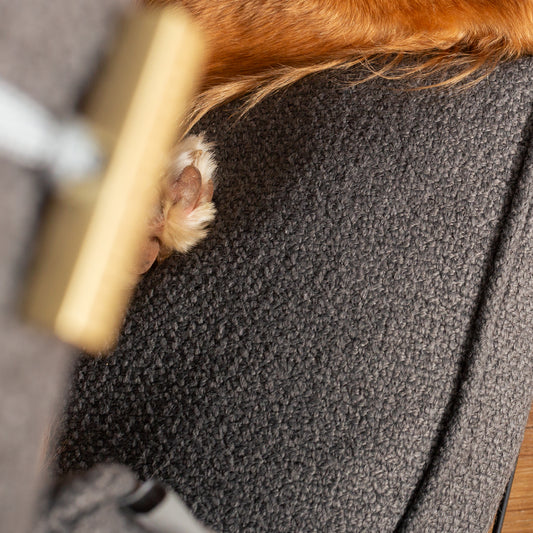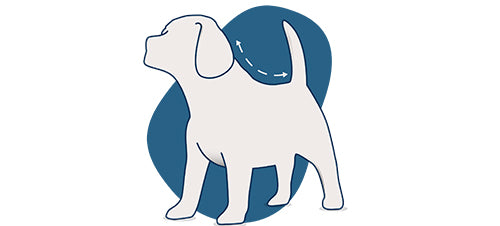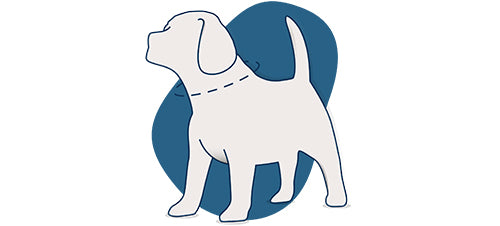Taking care of your dog's teeth is an essential aspect of their overall health and well-being. Just like humans, dogs require regular dental care to prevent the buildup of plaque, tartar, and the subsequent health issues that can arise from poor oral hygiene. In this guide, we explore the best way to clean your dog's teeth, why dental care is important, and how to establish a routine that keeps your furry friend's smile bright and healthy.
Why is Dog Dental Care so important?
Oral health is often overlooked when it comes to pet care, but it is just as important as nutrition, exercise, and regular veterinary check-ups. Neglecting your dog's teeth can lead to a host of problems, including:
- Periodontal Disease: One of the most common issues in dogs, periodontal disease is caused by the buildup of plaque and tartar. If left untreated, it can lead to gum inflammation, tooth loss, and even infections that affect the heart, liver, and kidneys.
- Bad Breath: While occasional bad breath is normal, persistent foul odour can be a sign of dental issues that need attention.
- Pain and Discomfort: Just like humans, dogs can experience toothaches and gum discomfort, which can affect their ability to eat and their overall quality of life.
- Tooth Loss: Severe dental issues can lead to the loss of teeth, making it difficult for your dog to eat and potentially leading to more severe health problems.
By maintaining regular dental care, you can help prevent these issues and ensure your dog enjoys a healthy, happy life.

The Best Way to Clean Your Dog's Teeth
Cleaning your dog's teeth doesn't have to be a daunting task. With the right tools, techniques, and a bit of patience, you can establish a routine that keeps your dog's teeth in top condition. Here's how to clean dog teeth effectively:
-
Start Early:
The best time to start cleaning your dog's teeth is when they are still a puppy. Early exposure to dental care helps your dog become accustomed to the process, making it easier to maintain a routine as they grow older. However, if you have an adult dog that hasn't been introduced to teeth cleaning, don't worry—it's never too late to start. -
Use the Right Tools:
To clean your dog's teeth properly, you'll need a few essential tools:
Dog-Specific Toothbrush: Dog toothbrushes are designed to fit comfortably in your dog's mouth and reach all areas of their teeth. They often have softer bristles than human toothbrushes and come in various sizes to suit different breeds.
Dog Toothpaste: Never use human toothpaste on your dog, as it can contain ingredients that are harmful to them, such as xylitol. Instead, opt for toothpaste formulated specifically for dogs, which comes in flavours like poultry or beef to make the experience more enjoyable for your pet. -
Introduce Brushing Gradually:
If your dog is not used to having their teeth cleaned, it's important to introduce the process gradually to avoid causing stress or anxiety. Follow these steps:
Get Them Comfortable: Start by gently handling your dog's mouth and teeth, rewarding them with treats and praise to create positive associations.
Introduce the Toothbrush: Let your dog sniff and lick the toothbrush and toothpaste before attempting to brush.
Short Sessions: Begin with short brushing sessions, focusing on just a few teeth at a time. Gradually increase the duration as your dog becomes more comfortable with the process. -
Brush Regularly:
Consistency is key when it comes to dogs' teeth cleaning. Ideally, you should aim to brush your dog's teeth daily. However, even brushing a few times a week can significantly reduce plaque and tartar buildup. Make brushing a part of your dog's daily routine, perhaps after a walk or playtime, so they come to expect it as a normal part of their day. -
Use Dental Chews and Toys:
In addition to brushing, dental chews and toys can play a significant role in maintaining your dog's oral health. These products are designed to clean teeth as your dog chews, helping to reduce plaque and tartar while also satisfying their natural chewing instincts. Look for dental chews that are approved by the Veterinary Oral Health Council to ensure they are effective. -
Incorporate a Dental Diet:
Some dog foods are specially formulated to promote oral health by reducing plaque and tartar buildup. These diets often include larger kibble sizes that encourage chewing, which can help clean your dog's teeth as they eat. Discuss with your veterinarian whether a dental diet is appropriate for your dog and how it can be incorporated into their overall feeding plan.
Signs Your Dog May Need Professional Dental Care
Even with regular home care, your dog may still need professional dental cleanings performed by a veterinarian. Here are some signs that it might be time for a vet visit:
- Persistent Bad Breath: If your dog's breath smells bad despite regular brushing, it could indicate an underlying dental issue.
- Discoloured Teeth: Yellow or brown staining on your dog's teeth may be a sign of tartar buildup that requires professional cleaning.
- Red or Swollen Gums: Inflammation, bleeding, or redness in the gums can indicate gum disease that needs veterinary attention.
- Difficulty Eating: If your dog is reluctant to eat, chews on one side of their mouth, or drops food, they may be experiencing dental pain.
If you notice any of these signs, schedule an appointment with your veterinarian to assess your dog's dental health and discuss any necessary treatments.
Caring for your dog's teeth is a vital part of their overall health care routine. By starting early, using the right tools, and maintaining a regular cleaning schedule, you can help prevent dental issues and keep your dog's mouth healthy. Remember, in addition to at-home care, regular veterinary check-ups are essential for catching any potential problems early.




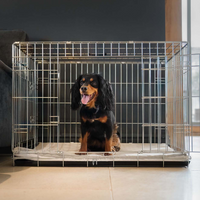



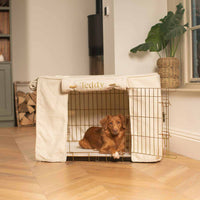

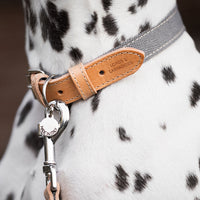

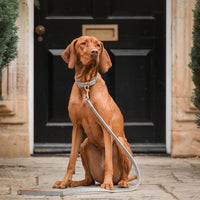
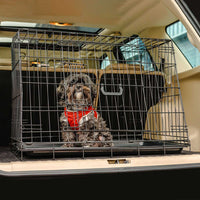


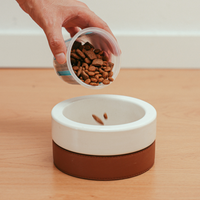
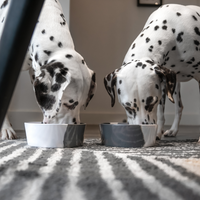
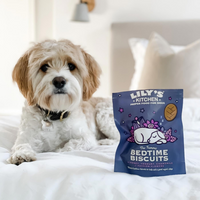



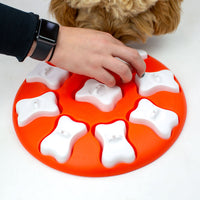

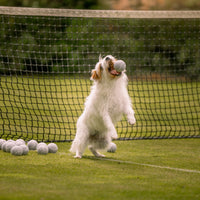
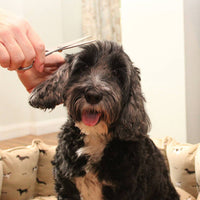

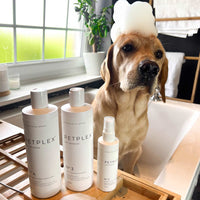

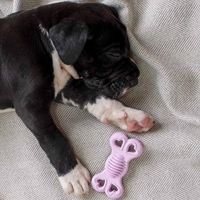
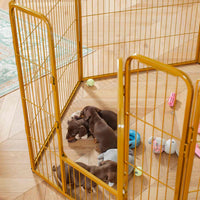



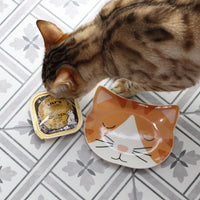








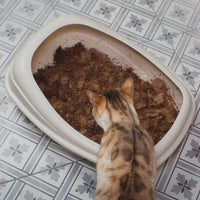
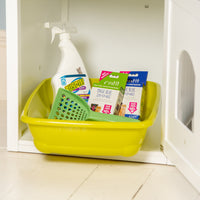












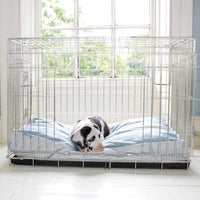




.jpg?v=1724255977884&options=)







































